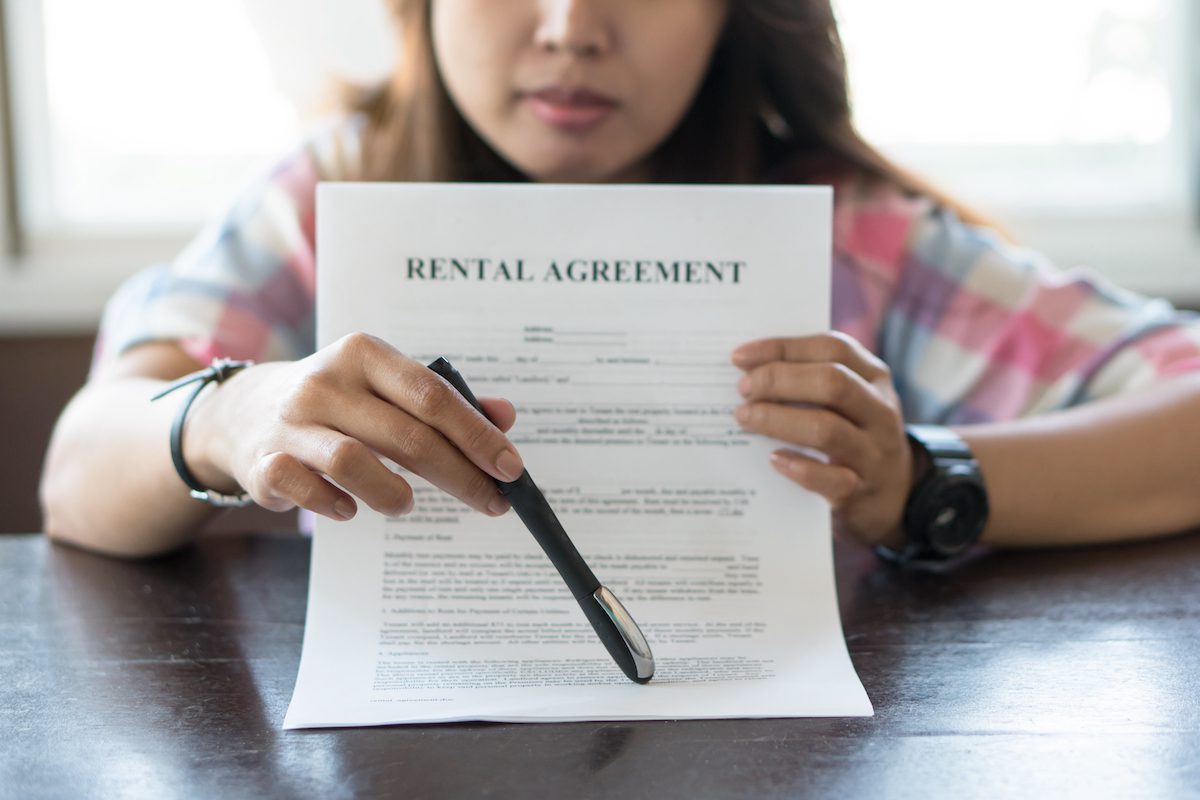Should I Sell or Rent My House: 5 Key Reasons to Keep Your Rental Property

When you own one home but are thinking about moving to another, there's a very important question you need to ask yourself — should I sell or rent my house?
Holding on to your current property while purchasing another can give you additional income, but it also means you'll become a landlord and have to deal with renters. Weighing the pros and cons will definitely help make the decision easier.
Here's what to think about when deciding if you should sell your home or hold onto it as an income property.
Is the rental market hot where you live?
The property market is complex. Sometimes it's a seller's market, sometimes it's a buyer's market, but you don't often hear about when it's a renter's market. People aren't talking about it, but there are areas where the rental market is hot and you could make a significant profit holding on to your house as an income property.
While the best places to own rental property are always changing, it's easy to check where your city falls. To do this, look at both the median home sales and the average rental prices in your area. Check this information against the national averages. If housing prices are below the national average, but rent prices are higher, you've got a strong financial argument to rent.
Even if you don't live in one of the best cities for rental properties but have a home near popular amenities, you're still in a good position. Homes near parks, public transportation and schools can all improve your chances of finding renters.
Additionally, homes with a lot of internal amenities and recent upgrades can draw in more prospective renters.

Do you want to become a landlord?
Managing property as a landlord isn't for everyone. If you're in a position to choose it for yourself and it sounds appealing, go for it.
Make sure you understand the full scope of your responsibilities as a landlord before you commit. Review a few boilerplate lease agreements to learn more about what being a landlord means. They'll help get you thinking about the specific areas you need to consider. Things like how renters will pay rent, what house rules you want to have and more are all essential.
You'll also need to have a plan for handling maintenance issues, as well as how you'll list your property and attract renters.
Don't forget to also consider how you'll feel dealing with tenants. While most tenants make it easy being a landlord, some can pose problems. Make sure you're comfortable enforcing your rules, as well as dealing with tenants who are less than respectful when it comes to your property. It can happen.

Would you like a secondary source of income?
Most people would say "yes" to this question, which puts another check on the pro side for renting your property.
Although a portion of each monthly rent check goes toward mortgage payments, HOA fees (if applicable) and general maintenance and upkeep, having an income property means building wealth. This can help you save for retirement, allow you to invest in even more property or even treat your family to a nice vacation every year. It all depends on how hot the market is, what people are willing to pay in rent and what other expenses you still have on the property itself.
It's also worth noting that, having a rental gives you the ability to increase your profits over time. This is thanks to inflation.
Inflation impacts rental prices, but not your mortgage. This is because set a fixed mortgage rate when you bought the home. However, the rent isn't fixed. In fact, single-family rent growth saw an 8.5 percent increase in July of 2021, the fastest year-over-year increase in the last 16 years.
While that boost won't happen all the time, you'll still have the ability to change rent with each new tenant. This allows you the potential to bring in more income from your rental the longer you hold onto it.
Will you ever want to live in that home again?
Whether it's for nostalgic reasons or you simply love the house, even if you're moving now, you may want to come back someday. If there's even a remote chance you'd want go back to living in your current house, keep it. Renting it out makes sure you're able to return to the home or even pass it down to another family member.
This is especially a smart move if you know what's taking you away from the house is only temporary. Are you relocating for a job you know you won't keep forever? Maybe you know you want to retire in a few years and move back into the house. Maybe it's close to your kids and you'll want access to live in it once you've got some grandchildren.
There are many possibilities that can make holding on to your home, and renting it out, convenient in the long run. And, it doesn't hurt that the property could make you some money in the interim.

Do you want a long-term investment with little risk?
As an asset, owning a home where someone else is paying the mortgage is a great long-term investment. Since your renter is covering all the day-to-day costs of owning that home, you can sit back and watch the property value increase.
The longer you're able to keep your rental property, the higher profit you could possibly make when you do decide it's the right time to sell. Even if the housing market hits a temporary slump, you now have the flexibility to hold onto your rental property until the market rebounds.
Looking at historical data related to housing prices, there are some dips, but over time, prices always go up. That means the longer you rent your home, the more its value may grow.
Reasons to keep your rental property
It's possible to argue in either direction when it comes to deciding if you want to keep your current home and transform it into a rental property. However, these are the primary reasons in favor of the transition:
- Renting can give you an extra source of income, which is pretty lucrative if the rental market is hot in your area
- If you want to gain experience in property management, becoming a landlord is a great place to start
- Keeping a home for rent means you can move back into it in the future or pass it on to another family member
- Renting is a low-risk investment since tenants are paying your mortgage
- Home prices go up over time, so the longer you keep a home, the more it could be worth
There are plenty of other reasons why you should rent your home, but most stem from personal preferences and the housing market in your area. By adding the five key reasons above to your argument, it's a no-brainer why renting is often a good choice.

Ready to rent?
You've asked yourself all the right questions, done your research and made your pro and con list. You can now answer the question, “Should I sell or rent my house?"
While most answers could point toward renting, you should only take on the role of the landlord if you're truly ready. Once you establish that, it's time to move forward as the proud owner of an income property.
